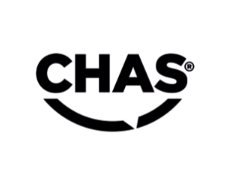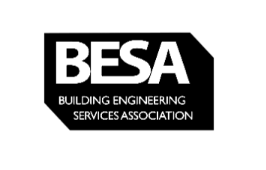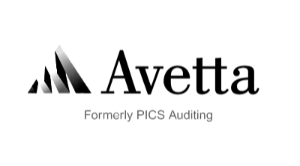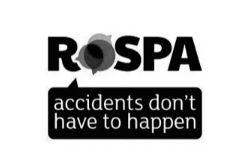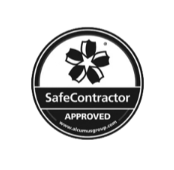phs Group has acquired Citron Hygiene UK find out more here
Effective waste management practices are essential for ensuring your business disposes of waste in a safe and responsible way. Not only does it help improve your sustainability credentials, but proper waste disposal measures help maintain health and safety and are a requirement by law.
The European Waste Catalogue (EWC) is a vital tool for categorising and managing waste materials across the European Union. And while the UK is no longer a part of the EU, many businesses still adhere to the code to classify waste.
In this guide, we’ll tell you more about the EWC, why it’s important and how it can help you improve your waste disposal practices.
What is the European Waste Catalogue (EWC)?
The European Waste Catalogue, often referred to as the EWC, is a comprehensive system that classifies waste materials generated from various industries and activities. It comprises a structured list of waste codes, each assigned to specific waste types, which help ensure streamlined categorisation and better waste management practices. This system encompasses a wide array of waste materials, ranging from household refuse to industrial by products, and hazardous substances.
This consistency in classification enables better tracking of waste generation, improved reporting, and enhanced understanding of the types and quantities of waste being produced. Any organisations that produce waste, including healthcare waste and non-healthcare waste must identify and classify waste in order to send it for recycling or disposal.
Why is the EWC important?
The EWC catalogue is beneficial for several reasons, including:
Unified waste regulation
Before the EWC was established, waste classification varied widely across different countries, leading to confusion and inconsistencies in waste management practices. The EWC's standardised system bridges these gaps by offering a unified platform for waste classification. This ensures that waste is categorised uniformly across EU member states, enabling efficient cross-border waste movements and trade.
Better waste management
Accurate waste classification is fundamentally important for effective waste management strategies. The EWC aids waste producers and regulatory bodies in identifying the nature of waste materials, which in turn guides decisions on appropriate disposal methods, recycling procedures, and treatment options. This knowledge prevents improper waste handling, reduces environmental risks, and minimises the potential for adverse health effects.
Easier monitoring and reporting
The EWC's structured list of waste codes assists in consistent monitoring and reporting of waste generation and disposal. By using standardised codes, regulatory bodies and environmental agencies can compile accurate data on waste quantities and types. This data forms the basis for informed policymaking, targeted interventions, and the evaluation of waste management goals.
Helps conserve resources.
Effective waste management goes hand in hand with resource conservation. The EWC allows the identification of waste materials that can be recycled or recovered. By promoting recycling and reusing, the EWC contributes to the reduction of raw material consumption, energy usage, and the overall environmental footprint.
Effective hazardous waste management
One of the critical aspects of waste classification is identifying hazardous materials. Hazardous waste poses additional challenges due to its potential risk to human health, as well as the environment. The EWC's detailed classification system includes specific codes for hazardous waste, enabling proper handling, treatment, and disposal of such materials in compliance with strict regulations.
Future sustainability
With sustainability being a key priority for organisations in the UK, Europe and worldwide, the EWC plays a role in steering industries and societies towards a greener future. By providing a framework for responsible waste management, the EWC contributes to the circular economy model – where waste is minimised, and resources are conserved.
Professional medical waste disposal with phs
Adhering to the EWC can help your organisation to manage waste safely and effectively. And with phs, you can help your business dispose of waste the right way with our waste collection services. We will take care of all your healthcare and non-healthcare waste, ensuring it is either recycled or disposed of according to UK regulations.
As part of our waste collection processes, we will carry out a Pre-Acceptance Audit that will identify hazardous waste types and ensure they are disposed of correctly. This is not needed for non-medical producers of healthcare type waste. As part of our audit, we will ensure that each waste type has a full written description, in addition to an EWC doe and methods of coding and storing the items.
If you want to know more about our waste collection services, get in touch! We’ll be happy to talk you through our services so you can decide on the best waste management practices for your business.





























